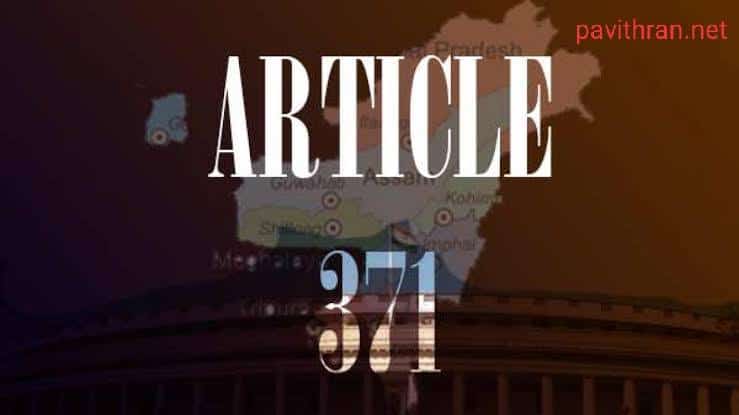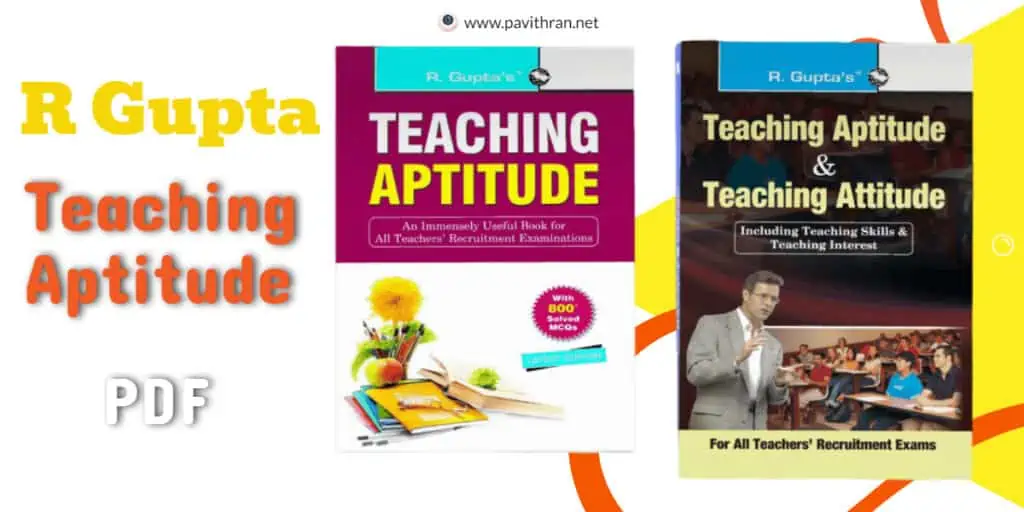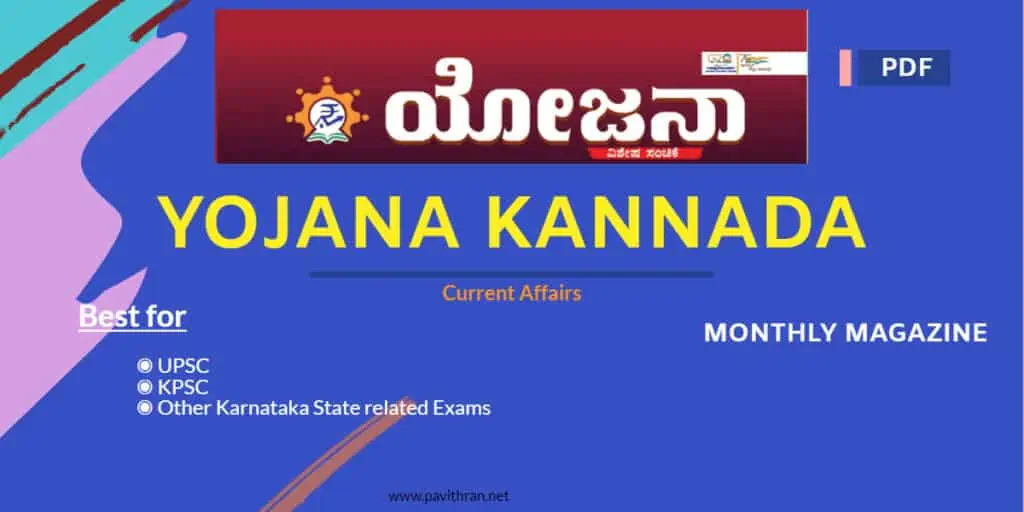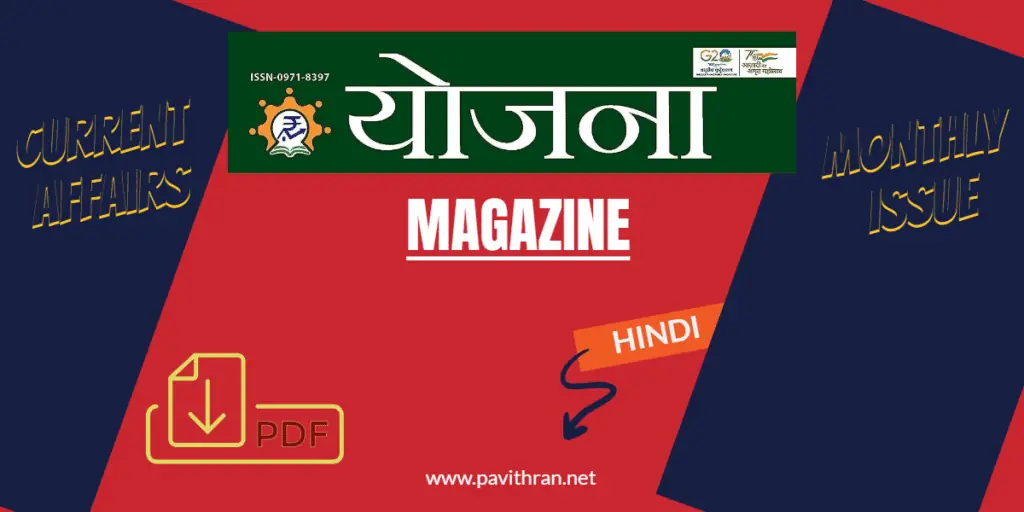
Article-371- An Overview
The central government has clarified that there is no proposal under consideration regarding extension of Article 371 to the Union Territory of J&K.
About Article 371
- Articles 371 to 371-J in Part XXI of the constitution contain special provisions for twelve states.
- These are Maharashtra, Gujarat, Nagaland, Assam, Manipur, Andhra Pradesh, Telangana, Sikkim, Mizoram,
Arunachal Pradesh, Goa and Karnataka. - The intention behind them is
a. to meet the aspirations of the people of backward regions of the states
( or )
b. to protect the cultural and economic interests of the tribal people of the states
( or )
c. to deal with the disturbed law and order condition in some parts of the states
( or )
d. to protect the interests of the local people of the states. - Originally, the constitution did not make any special provisions for these states.
- They have been incorporated by the various subsequent amendments made in the context of reorganisation of the states or conferment of statehood on the Union Territories.
Citizenship Amendment Act 2019
Objective
- The legislation applies to those who were “forced or compelled to seek shelter in India due to persecution on the grounds of religion”.
- It also aims to protect such people from proceedings of illegal migration.
Key features
- Persons belonging to minority communities – Hindus, Sikhs, Buddhists, Jains, Parsis and Christians- from
Afghanistan, Bangladesh and Pakistan shall not be treated as illegal migrants. - They are eligible for naturalization as Indian citizens, and the duration required is halved to six years.
a. Indian citizenship, under present law, is given either to those born in India or if they have resided in the country for a minimum of 11 years.
- The cut-off date for citizenship is December 31, 2014 which means the applicant should have entered India
on or before that date. - The bill protects them from being declared illegal migrants and creates a fast-track to citizenship.
Excluded religions and sects.
- Jews, Muslims and atheists are left out from the neighboring countries.
- The Ahmadia Muslim sect and even Shias face discrimination in Pakistan.
- Rohingya Muslims and Hindus face persecution in the neighboring Myanmar
- Hindu and Christian Tamils in neighboring Sri Lanka.
States excluded
- CAA will NOT apply to areas under the sixth schedule of the Constitution – which deals with autonomous tribal-dominated regions in
a. Assam
b. Meghalaya
c. Tripura
d. Mizoram.
- The law will also NOT apply to states that have the inner-line permit regime
a. Arunachal Pradesh
b. Nagaland
c. Mizoram
Articles Violated
- Article 15 of the Constitution does not allow religious discrimination.
b. Article 14 guarantees equality before law and the equal protection of law to all. It prohibits discriminatory treatment and especially, discrimination that is unreasonable.
c. The basis for Indian citizenship is changed from descent to that of religion or ethnicity.

![YCT Assistant Professor Solved Papers 2024 [6 Subjects] PDF](https://www.pavithran.net/wp-content/uploads/2024/01/YCT-Assistant-Professor-Solved-Papers-2024-6-Subjects-PDF-1024x512.webp)



